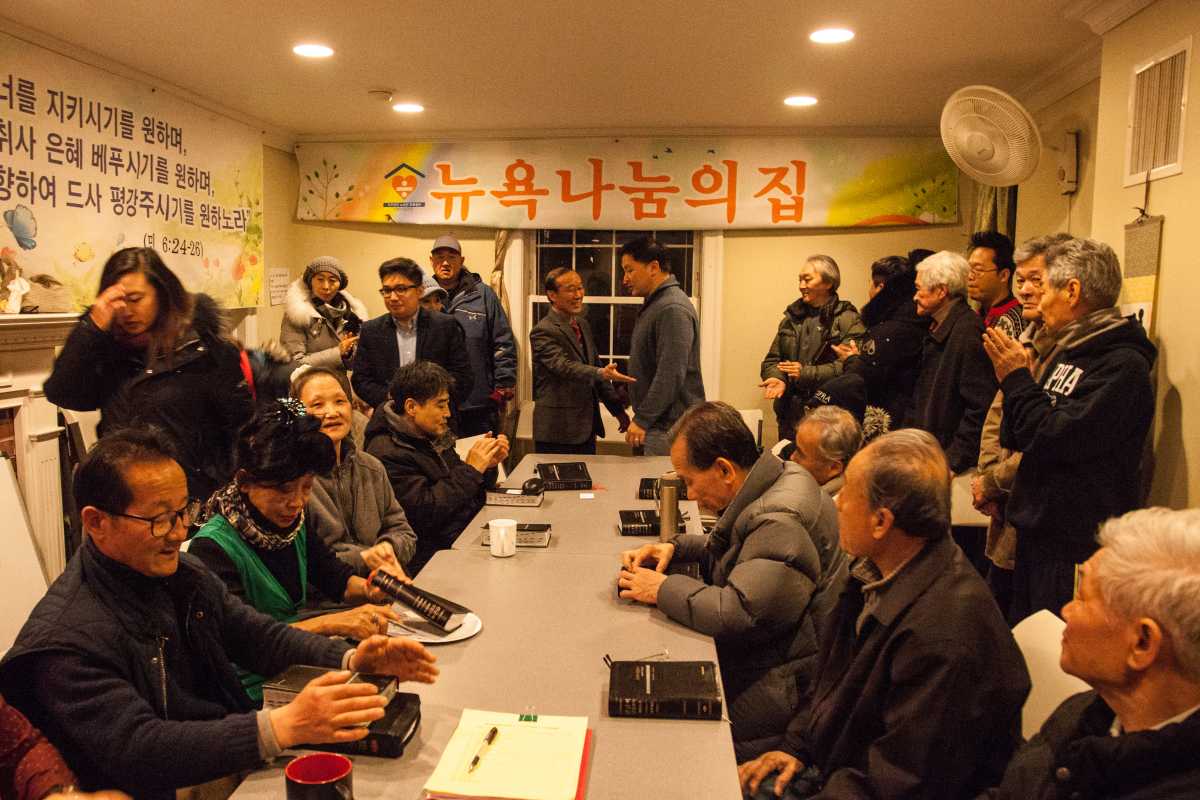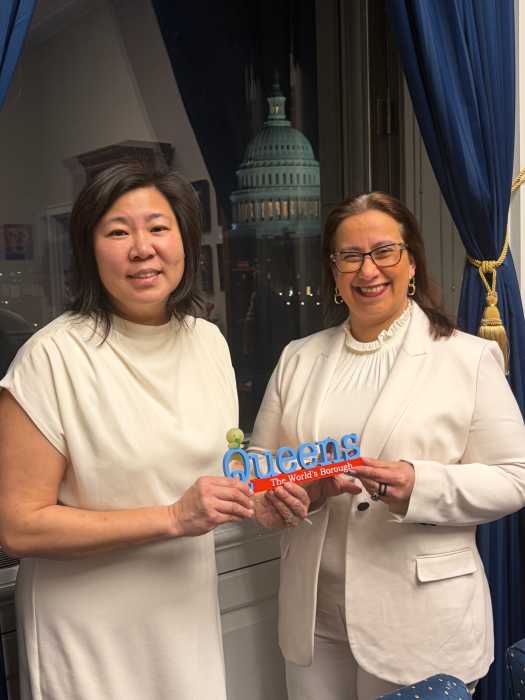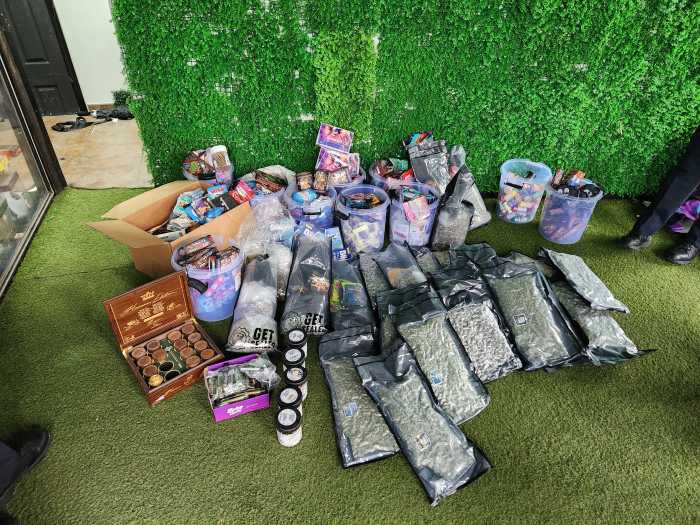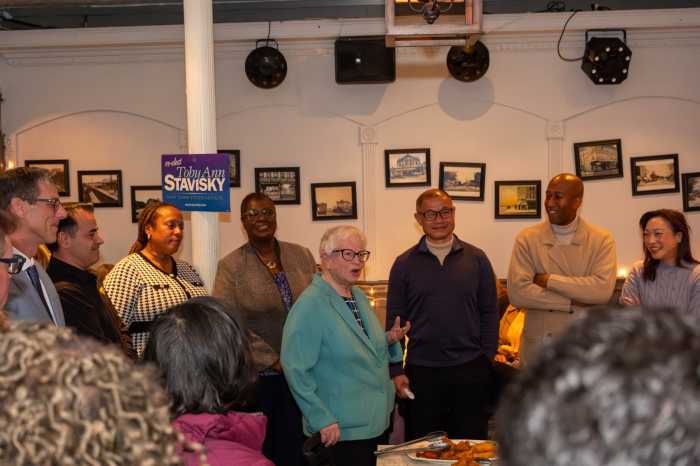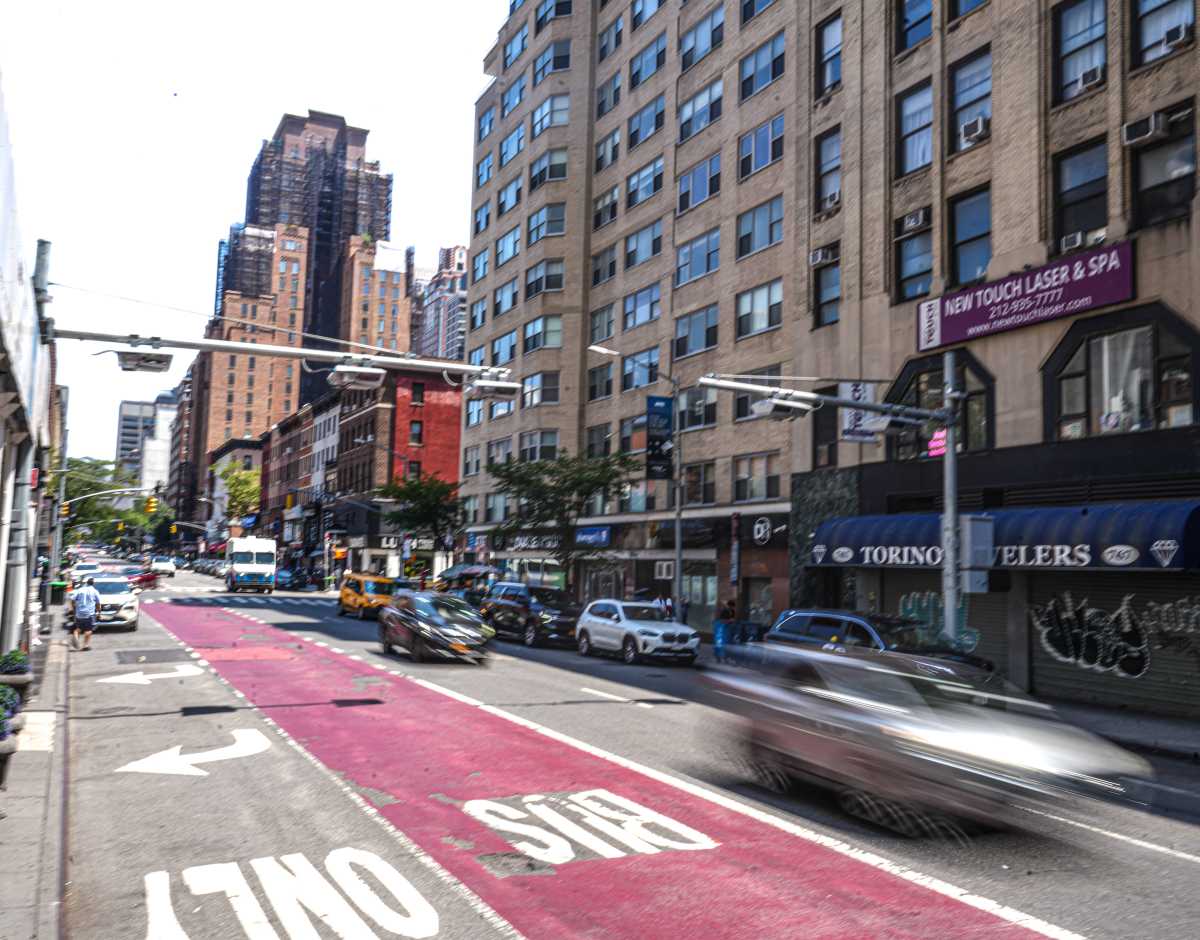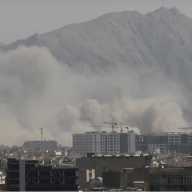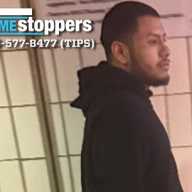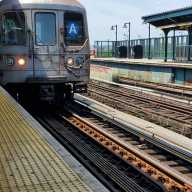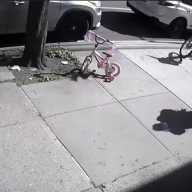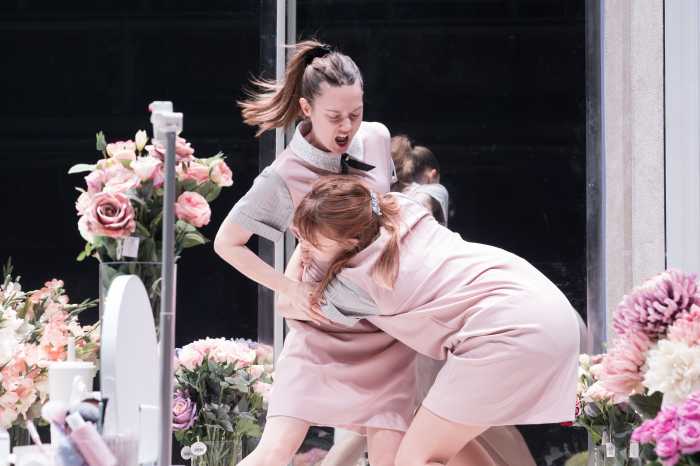The fate of Nanoom House, a nonprofit homeless shelter that serves predominantly Korean-American residents of Murray Hill, rests on the outcome of a court hearing to be held later this month.
The independently funded shelter — one of only a few in the city that houses mostly Asian-American immigrants — is located in a small, three-bedroom house at 34-30 150th Pl.
One look at the shelter’s green colonial exterior and its surroundings — houses, lawns and driveways — and you might think that a small family lives there. But until recently, it typically housed around 30 residents on a short-term basis, many of them non-English speakers who found a sanctuary that catered to their language and cultural needs close to the heart of Flushing.
At the beginning of November, the Department of Buildings (DOB) responded to several 311 complaints from its neighbors. Upon inspection, the agency charged the owners of the building, listed as Sunree Solid Art LLC, with fines stemming from converting the building from its use as a single-family home to a boarding house.
The inspection found that the shelter contained three rooms on the second floor that did not have the permits to be used for single-room occupancy (SRO). In other words, the DOB found that the way that the residents were split up into separate rooms with locks on the doors functioned too closely to discrete apartments, in violation of the building’s status as a single-family home.
The building was also charged with violations related to the installation of a second bathroom in the basement without a permit.
The resulting fines on the shelter, which does not receive city subsidy and relies on volunteer staff, could range from $47,500 to $95,000 based on what happens in its hearing with Office of Administrative Trials and Hearings (OATH), scheduled for Jan. 21.
On Nov. 25, the shelter followed up with the DOB to certify that the illegal SRO units had been removed from the property.
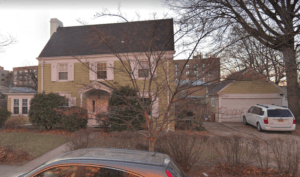
On Dec. 19, Flushing Assemblyman Ron Kim visited the shelter with his staff to meet with Nanoom CEO Rev. Sung-Won Park about the problems the organization is facing and to listen to its homeless residents about what brought them there.
During the visit, the residents said that many homeless Korean-Americans have bounced out of or avoided city shelters as a result of language barriers and lack of immigration documents.
“They prefer to be on the street rather than in a homeless shelter,” said Jin Park, Rev. Parks’ son and a volunteer at Nanoom. “As you can see, there are many elders here. And, you know, Asians have a shame culture – in a sense. That’s why they prefer to be on the outside where they are unseen from the public.”
Though Nanoom is a Christian-affiliated shelter, Kim said that he didn’t have a long-term answer as to how it might fit into the mayor’s recently unveiled plan to build more small-scale “Safe Haven” bedspaces and work with faith-based organizations to retrofit privately owned properties into shelters. In the meantime, he said he intends to work with the DOB to address their case.
“What about some of the nonprofits like these that are just kind of organically doing it on their own? How do they fit into this puzzle? We want to figure that out for them,” he told QNS.
Kim plans to try and resolve some of the fines administratively with DOB by showing them that the shelter has made a good-faith effort to amend some of the problem areas. He and his staff have been helping Nanoom’s staff document their efforts to get up to code, including the removal of bedspace from the illegally converted rooms where it was previously sheltering groups of residents per night.
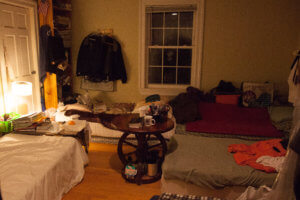
Those documentation efforts considered, Kim says its court hearing is not the end of the battle for Nanoom’s existence.
“If we don’t fix the larger problem of them being able to exist there without outsiders calling 311 on them, we’re going to continue to have a problem. So I think that’s the larger problem that we need to figure out how to resolve,” said Kim.

